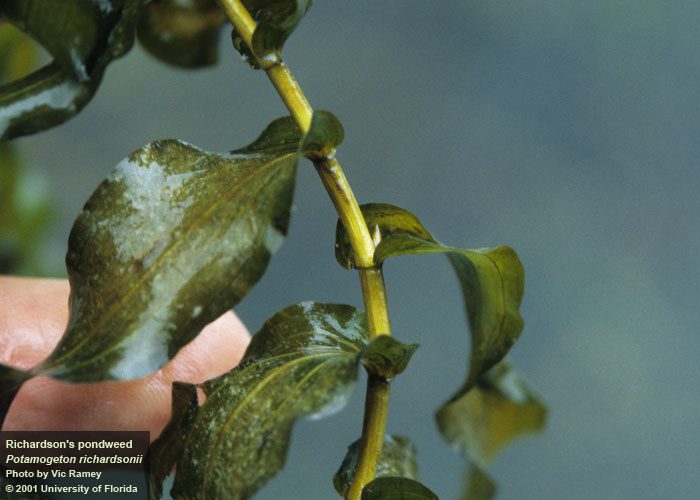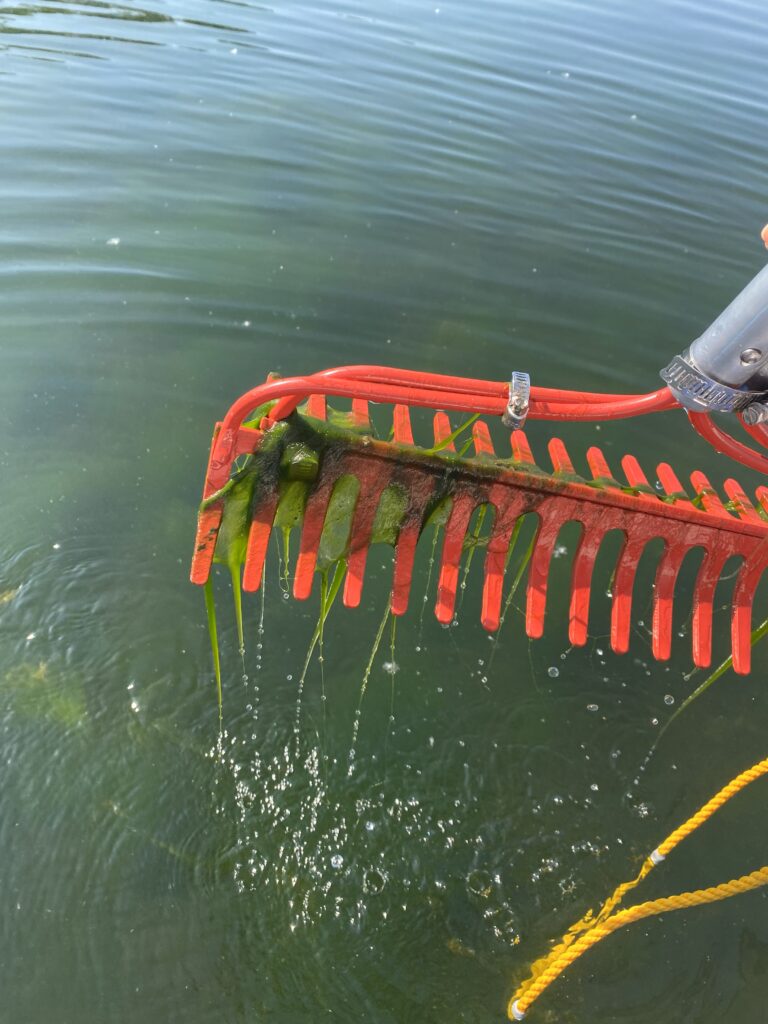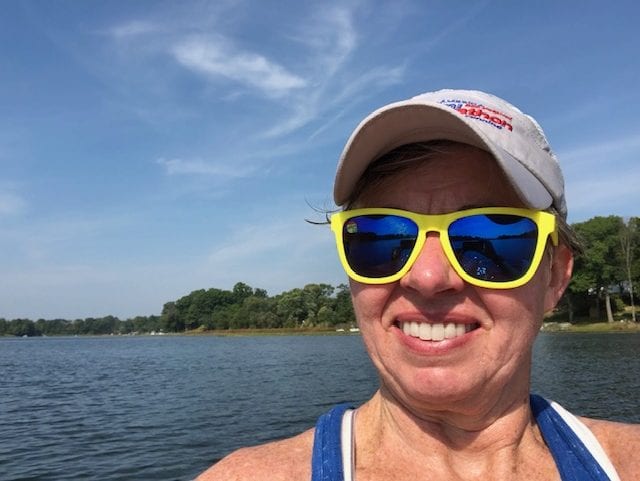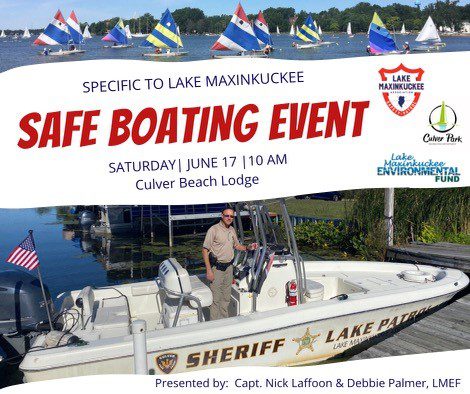I have written several articles about aquatic plants in Lake Maxinkuckee and there always seem to be more questions.
Healthy Lakes Need Aquatic Plants | Lake Maxinkuckee Environmental Fund
Aquatic Vegetation Public Meeting Summary | Lake Maxinkuckee Environmental Fund
Aquatic Vegetation Report – Part II | Lake Maxinkuckee Environmental Fund
Aquatic Vegetation Report 2021 | Lake Maxinkuckee Environmental Fund

While I can identify many aquatic plants like Coontail, Milfoil, Starry Stonewort, Chara, Curly Leaf Pondweed, Elodea and Bladderwort, differentiating between the various Pondweeds (Potamogetons) or the Naiads gets much trickier. That is why I will often say “That’s a Potamogeton, it’s a native and a good one” without trying to figure out if it is Potamogeton amplifolius (Large Leaf Pondweed) or Potamogeton nodosus (Long Leaf Pondweed). Both are native and both are good ones to have in moderation. When we start talking about the Naiads, there is Slender Naiad and Southern Naiad and they look a lot alike so I just say “That’s a Naiad and it’s native.”

I like to take a boat ride, toss in my DIY aquatic plant rake and pull in samples to show me what aquatic plants are currently growing in the lake. But that doesn’t tell me what is happening over time. Is the Eurasian milfoil better or worse than it was five years ago? Is the native plant diversity and density better or worse than it used to be?
That is why LMEF has hired Aquatic Weed Control to create an Aquatic Vegetation Management Plan (AVMP) with clear objectives to maintain a healthy lake ecosystem.
Want to know more?
Lake Maxinkuckee Association is hosting a Safe Boating Event at the Beach Lodge on Saturday, June 17th at 10:00. Capt. Nick Laffoon will be talking about safe boating specific to Lake Maxinkuckee and I will be talking about the AVMP. I will bring in several samples of aquatic plants from the lake and tell you which ones are invasive (bad) and which ones are native (good), which ones are cause for concern and which ones we like to see.
Copies of the AVMP will be available for review as well as plant identification card decks that you can take with you.
Feel free to bring in an aquatic plant that you would like help identifying and/or want to know more about.
Hope to see you there.

Hi, I’m Debbie Palmer. I received a BS in Horticulture from Purdue University. Here at LMEF, I am responsible for outreach presentations, monitoring the lake and it’s wetlands, project manager for restoration and research projects, and act as a community resource for all things related to the well-being of Lake Maxinkuckee and its surrounding watershed. I completed Indiana Watershed Leadership Academy, volunteer with the Indiana Clean Lakes Program, Hoosier River Watch and Marshall County Lakes and Waters and serve as a Board Member for Indiana Lakes Management Society.


Recent Comments